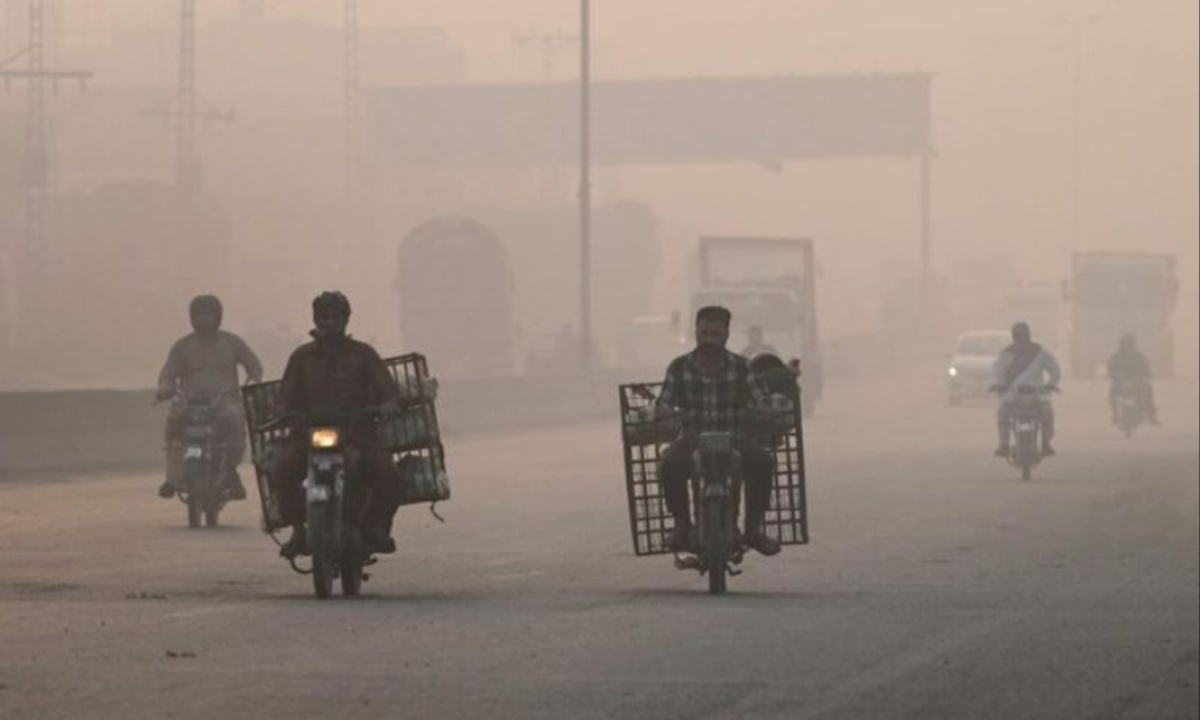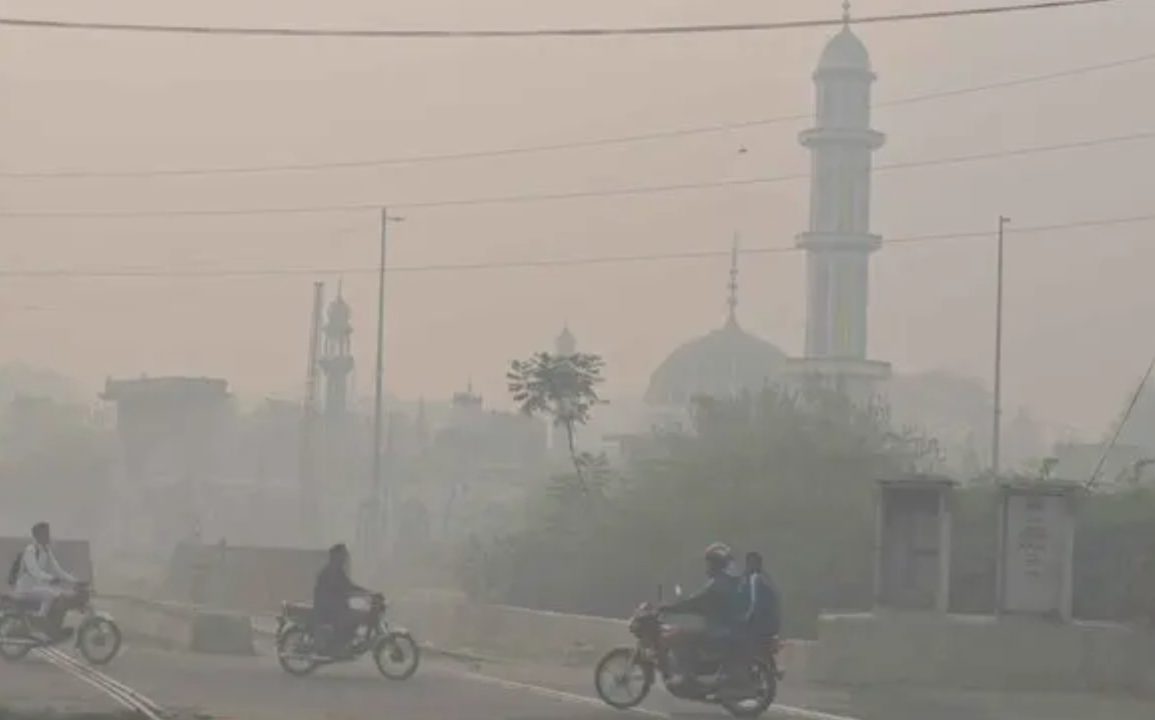Pakistan’s Punjab province is grappling with extreme air pollution, with authorities forced to take drastic measures to mitigate its impact on public health. As air quality deteriorated further this week, officials closed additional schools and instructed government employees in Lahore to work from home.
This pollution spike has primarily affected Lahore, the provincial capital, which currently holds the title of the world’s most polluted city, with Air Quality Index (AQI) readings surpassing 1,100—well into hazardous territory. Government officials are urging citizens to wear face masks and reduce unnecessary travel to curb exposure, warning that a full lockdown may be implemented if conditions do not improve.
The dense smog has overwhelmed local healthcare facilities, with an influx of patients suffering from respiratory issues, eye irritation, and persistent coughing. Salman Kazmi, vice president of the Pakistan Medical Association, reported that tens of thousands of patients had been treated within a single week. However, despite the health crisis and visible symptoms among residents, many people are reportedly not taking the recommended precautions, such as wearing face masks, which could help reduce individual risk.

In response to the crisis, the Punjab government is imposing specific restrictions aimed at lowering pollution levels. Authorities have banned certain pollution-heavy activities, such as barbecuing outdoors without filters and using motorized rickshaws in the city. Additionally, wedding venues have been ordered to close by 10 p.m., all in an effort to reduce the city’s pollution footprint. These measures reflect the government’s urgency in addressing both the immediate and long-term environmental impact of the severe smog levels.
Marriyum Aurangzeb, a senior minister in the Punjab government, emphasized that these interventions might only be the beginning. The government has already advised roughly half of Lahore’s government workforce to remain at home, limiting city traffic and, hopefully, exposure to hazardous air. Aurangzeb warned that if conditions do not improve soon, Punjab might be forced to move toward a complete lockdown to safeguard public health.
Beyond immediate containment measures, the Punjab government is exploring innovative methods to tackle the pollution crisis, including investigating the feasibility of inducing artificial rainfall. This intervention could temporarily clear the pollutants from the air, though it would be a short-term fix to a chronic issue. The ongoing air quality crisis in Lahore underscores a significant environmental challenge for the region and signals a pressing need for sustainable, long-term environmental reforms.

